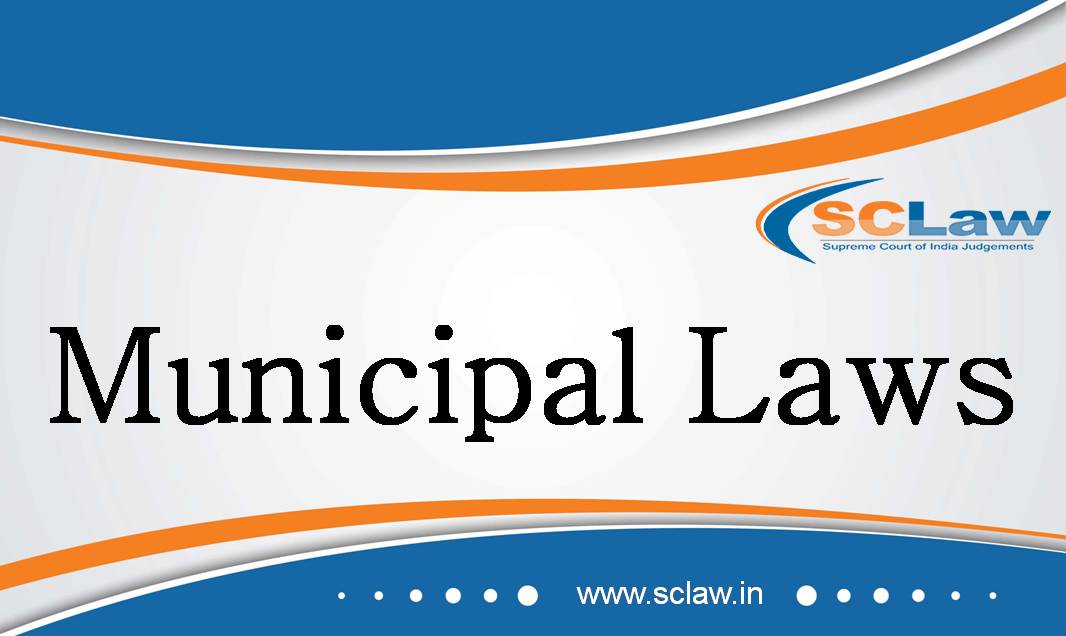The suit raises substantial constitutional questions regarding the interpretation of Article 131 and the extent of a state’s right to borrow under Article 293 – The court finds the issues raised require interpretation by a larger bench and refers the matter accordingly – The interim injunction sought by Kerala is denied, with the court stating that the observations made are for the limited purpose of this decision and do not affect the final outcome of the suit.
(2024) INSC 253 SUPREME COURT OF INDIA DIVISION BENCH STATE OF KERALA — Appellant Vs. UNION OF INDIA — Respondent ( Before : Surya Kant and K.V. Viswanathan, J. )…


